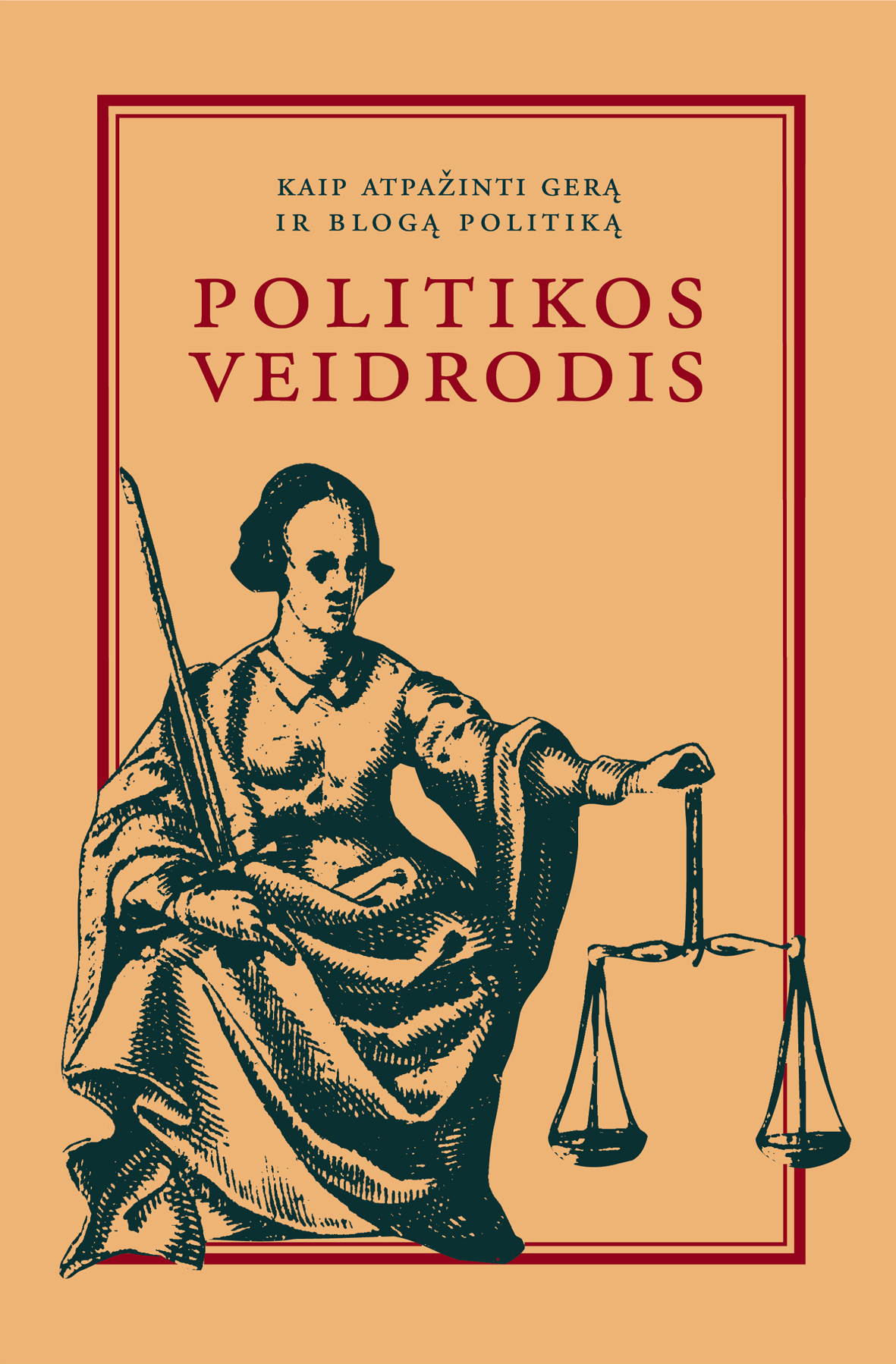Kronika ir galerija
Šioje knygoje skelbiamas 1666 m. tuometinio Rietavo klebono Joakimo Skirmanto išspausdintas Politikos veidrodis, kuriame dėstoma katalikiška valstybės racija – teorija, atskleidžianti teisingus ir klaidingus valstybės kūrimo arba griovimo principus. Tai stipriausias antimakiavelistinis tekstas, paskelbtas Abiejų Tautų Respublikoje. Jį palydi istorinis ir politologinsis įvadas bei komentarai, padedantys geriau suprasti ir patį XVII a. tekstą, ir jo at(si)radimo aplinkybes.
„Skaitytojui siūlomas senovinis leidinys yra daugiau negu XVII a. raštijos paminklas. Kai kurie jo argumentai prieš vadinamąją makiavelinę politiką suskamba netikėtai aktualiai ir provokuojamai – ar šiandien politikoje mes galime mąstyti iš krikščioniškos, etiškai įpareigojančios perspektyvos, ar viską turi užgožti dažniausiai savanaudiškas pragmatizmas?“ –V. Ališauskas.
The Mirror Political: How to Recognize Good and Bad Statesmen
Summary
The Lithuanian Catholic Academy of Science has published The Mirror Political, a hitherto unknown edition of the Speculum politicum exhibens rationem status veram et falsam et discrimen inter politicos bonos et malos, which was edited by Revd. Joakimas Skirmantas in Lithuania in 1666. The model for this text was The Political Handbook of Wilhelm Ferdinand von Efferen, published for the first time in Frankfurt am Main in 1630 (Manuale politicum de ratione status seu idolo principum). The latter author is known as one of the fiercest critics of Machiavellianism and so it is no surprise that The Mirror political may also be described as one of the strongest anti-Machiavellian tracts ever published in the Commonwealth of Poland and Lithuania. For that reason alone this political tract should find a place in the history of Polish and Lithuanian political thought. It was published during the Lubomirski Rebellion (Rokosz) of 1665–66, when the Polish and Lithuanian state was in crisis. Its publisher Skirmantas acted upon his concern for the survival of the political community by setting down the fundamental principles of political morality and expounding upon a rationale of statehood which at that time had disappeared from the political horizon. To this end he republished the Speculum politicum of 1659–60, the place of publication and authorship of which remain unclear.
The historical introduction to this publication seeks to examine the life of Joakimas Skirmantas (1633 – 30 September 1707) and the context in which he came to edit The Mirror Political. The politological introduction analyses this work in the context of the history of ideas, stressing his anti-Machiavellian modalities. The text of The Mirror Political is published here in the original Latin alongside a Lithuanian translation. In order to render the text accessible to the international scholarly community, it has been translated into English. A facsimile of the 1666 edition is presented from the only known extant copy of the book, held in the Library of the Lithuanian Institute of History. The present volume has two appendices. The first contains a concordance of the works of Speculum politicum (1666) and Manuale politicum (1630) to illustrate the connection between the two texts. The second publishes the last will and testament of Joakimas Skirmantas, suffragan bishop of Žemaitija (1706), which helps us to know and understand this forgotten personage better.






